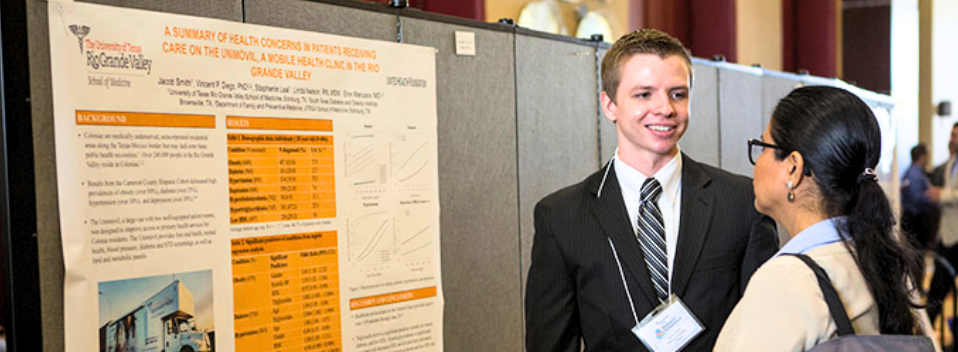MEDI 8127 Scholarly Activities Pre-Clerkship
Document Type
Article
Publication Date
Summer 2019
Abstract
Introduction
Inadequate health literacy affects more than 90 million Americans and has been associated with adverse outcomes in the medical field, including increased hospitalization rates and greater mortality. Since surgical patients are often required to make complex decisions and adhere to complex instructions, increasing health literacy may have a profound impact in the surgical practice. Using visuals, such as echocardiography, is particularly useful when communicating with patients who may have trouble understanding medical concepts delivered in words. The main objective of the current study was to assess the value of transesophageal echocardiography (TEE) in the cardiac intensive care unit (CICU); particularly to determine if TEE could be used as a tool to improve the experience and health literacy of patients in the critical care setting. To evaluate the role of TEE in this setting, we selected 25 (and counting) patients undergoing open heart valve repairs/replacements, where we focused on surgeries involving the aortic and/or mitral valve. Prior to discharge from the CICU, pre-and-post-operative TEE echo loops were reviewed with the patients. Patients were assessed with a survey questionnaire before and after the echo loop review to evaluate their understanding of the disease process/surgical procedure, helpfulness in reinforcing their pre-existing knowledge, and whether this process was a valuable component in their perioperative cardiac management.
Results
Of the patients assessed, 92% claimed that they had never seen their TEE images/loops prior to the review meeting. We observed an average 38% increase (p<0.05) in overall patient understanding after explanation of the echo visuals. The overall understanding of the patients after the review meeting was then broken down and analyzed by question; with there being a 36% increase (p<0.05) in correct answers when asked which valve was diseased, 48% increase (p<0.05) when asked about the pathology, and a 32% increase (p<0.05) when asked about the surgical procedure. On a scale of 1-5 (5 being the absolute best), patients rated the echo review an average 4.80 on helpfulness in understanding the medical concepts and an average 4.76 on how valuable the process was to incorporate into a patient’s perioperative management.
Conclusion
The echocardiography review displayed a significant increase in patient understanding and knowledge of the disease and surgery. It can be concluded that the patients worked well with visuals accompanied by a medical explanation, especially in the event of a language barrier between the patient and physician. This data suggests that TEE may be helpful in improving the health literacy, management, and overall outcome of patients in the cardiac critical care setting.
Recommended Citation
Huff, Madeline Elaine; Crowley, Jerome C.; and Shelton, Kenneth T., "Rescue Transesophageal Echocardiography as a Tool to Improve Cardiac Critical Care Health Literacy in the Intensive Care Unit" (2019). MEDI 8127 Scholarly Activities Pre-Clerkship. 12.
https://scholarworks.utrgv.edu/som8127/12
Academic Level
medical student


